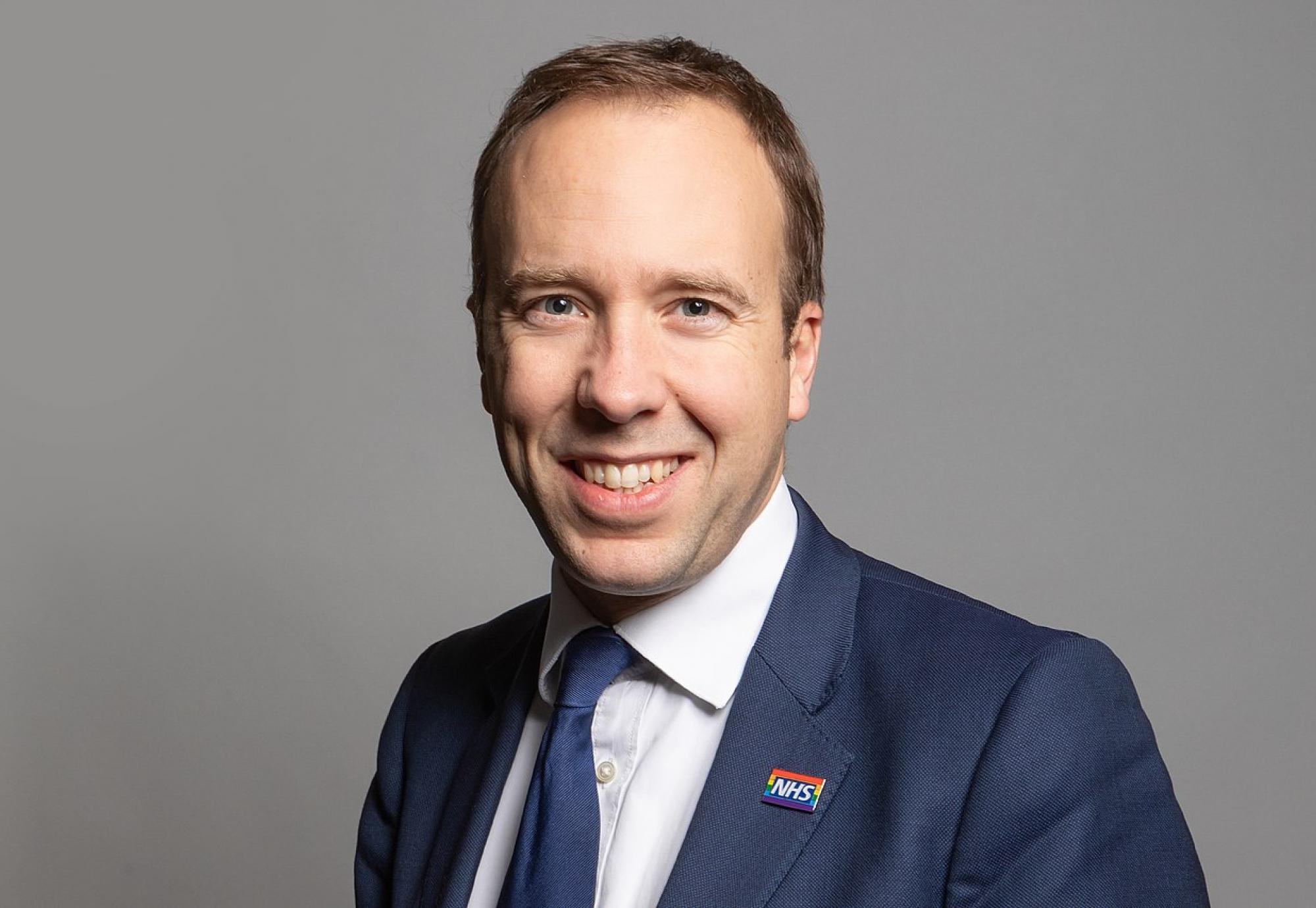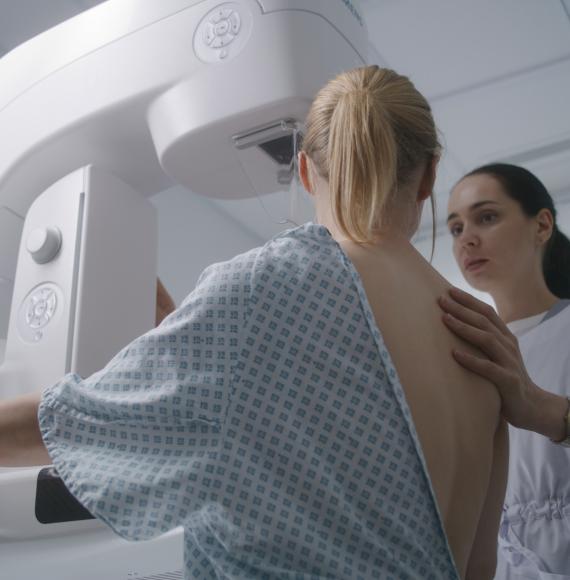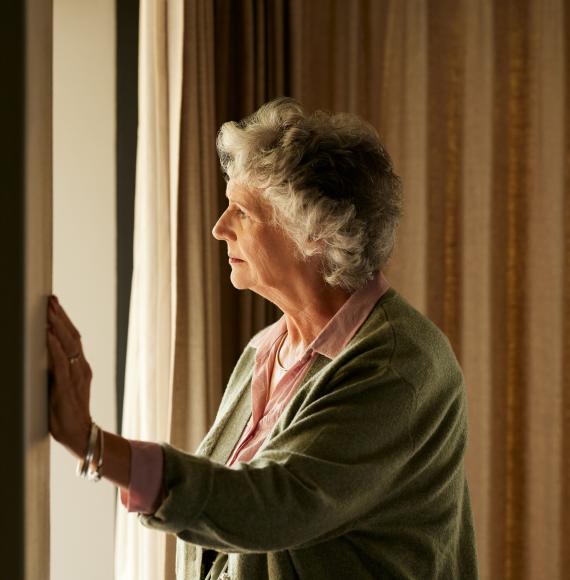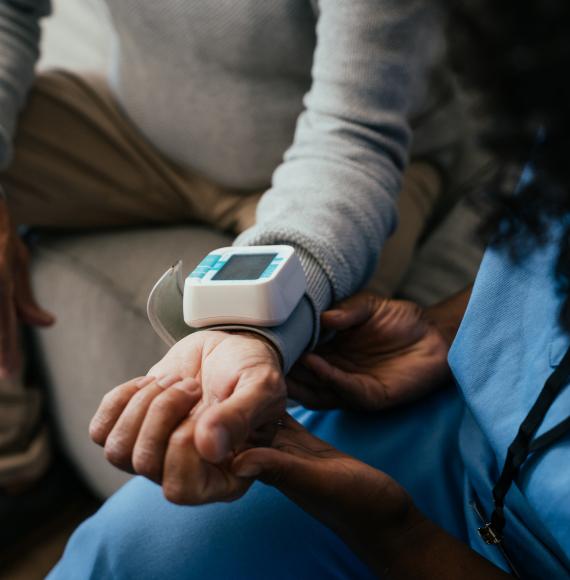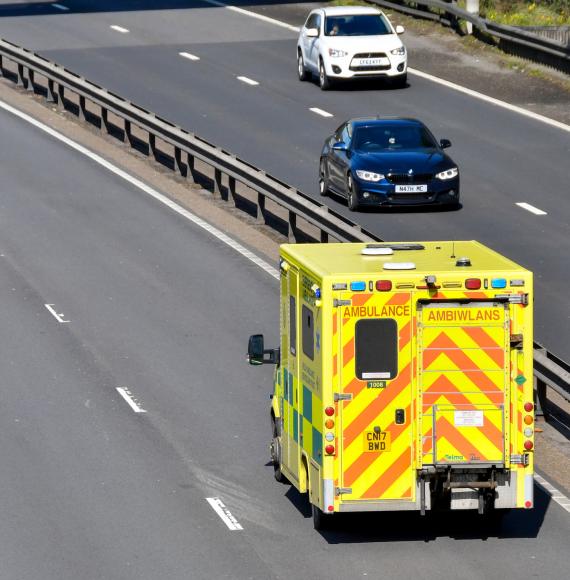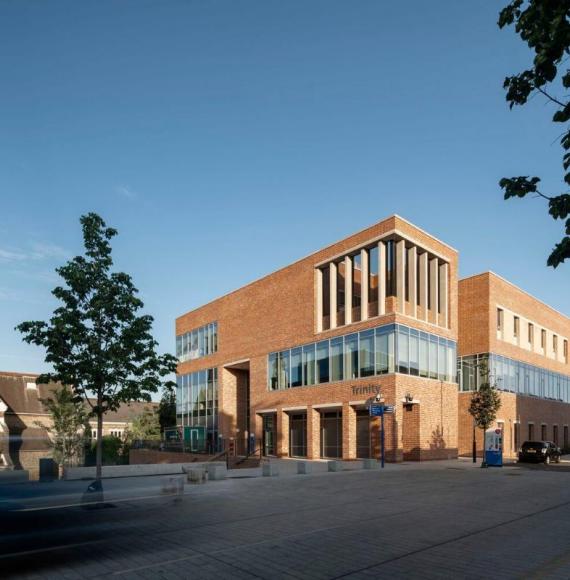Speaking to the NHS Clinical Commissioners conference, the Health Secretary Matt Hancock detailed the ways we can use the lessons learnt during the coronavirus pandemic to build a better health service for everyone in the future.
Calling the health service the “best gift a nation ever gave itself”, Mr Hancock praised the hard work of the NHS to remain strong and resilient throughout Covid-19. He recounted the concerns around rising numbers of hospitalisations and the importance getting the virus under control to ensure the health service was never overwhelmed.
“We cannot do this without you; without the NHS. People understand, [they] feel very deeply, the need to do what they must do to make sure the NHS can be there for us all.”
He explained how the focus was, understandably and rightly, directed at the demands of the pandemic, with a number of key steps being taken to ensure the NHS has was it needs this winter. These measures included:
- Extra funding and the Nightingale hospital standing ready once again, if needed
- Increasing numbers of doctors, nurses and other staff
- Returners which come back to our wards
- Upgrading almost every emergency department in the country
However, Mr Hancock also outlined his intentions to cast eyes forward and look beyond the critical day-to-day work in responding to Covid-19. This included asking “some crucial questions about the long term. About how we can use the lessons that we have learnt during the crisis to build a better health service for us all”.
He looked to examples across the country, plentiful throughout the year, of systems working together for the benefit of patients. These were hospitals under pressure with coronavirus patients, yet who came together to ensure the NHS could provide the care its patients needed.
Healthcare teams worked hand-in-hand with charities and community groups to ensure access to clinics for hard-to-reach patients, while elsewhere “phenomenal efforts” were made to look after rough sleepers, working together across the system with local authorities and NHS organisations to provide for some of the most vulnerable: from housing, through to the NHS and public health.
Mr Hancock said: “I think, in fact I know, that the system works best when it is empowered to work together, when the relationships are strong.
“Crucially, when we remove barriers to our cooperation wherever we find them.
“To support a better, less fragmented set of decision-making. And to allow the well-rounded care which is vital in a world of complex interrelated conditions.”
Looking forward to carrying out some of the ambitious objectives of the NHS Long Term Plan and NHS People Plan, Mr Hancock was not naïve to the lessons we’d seen throughout the last few months.
During the pandemic, we have seen people doing their best work, in part because they were trusted to do their job. For the Health Secretary, it was important to take forward that knowledge and capitalise on it, even beyond the virus. This, he felt, could be achieved by:
- Shedding unnecessary bureaucracy which got in the way of staff doing their jobs
- Intensifying the NHS’ use of transformative technologies, allowing people and clinicians to do their best work and spend more time with patients
- Making it easier to bring the right, qualified people to the frontline – such as with returnees
- Allowing more people with clinical qualifications to be trained in order to participate in the vaccination programme
Together, the NHS has fought on through one of its most difficult periods in modern history. Mr Hancock describes it as how it has “not been an easy year for the NHS” but it was also awe-inspiring to see the reaction to that adversity.
“When people look back on this tough time in our history, they will be awed by the outstanding contribution that has been made by so many people. You have been there for us, just as you always were.
“I would like to thank you [healthcare staff] once more for your incredible efforts, and for the efforts that are still to come. You show the country at its best and all of us are in your debt. Thank you.”
Header image: Licensed under the Creative Commons Attribution 3.0 Unported license.

